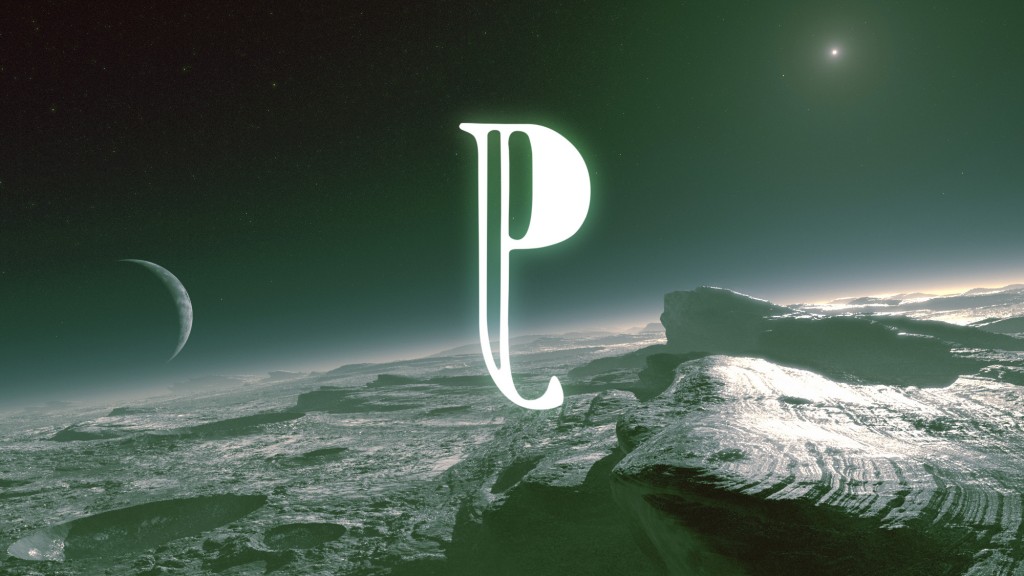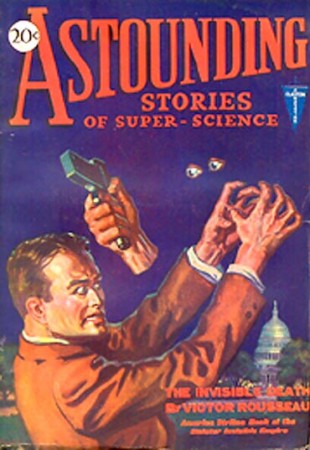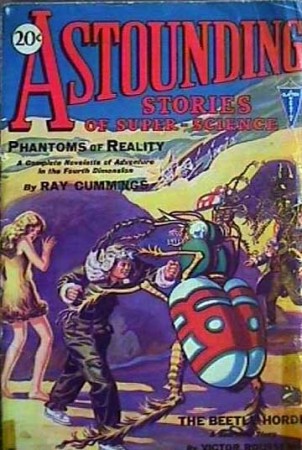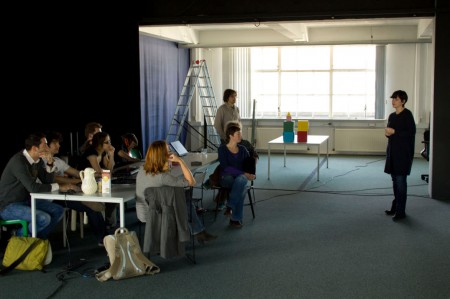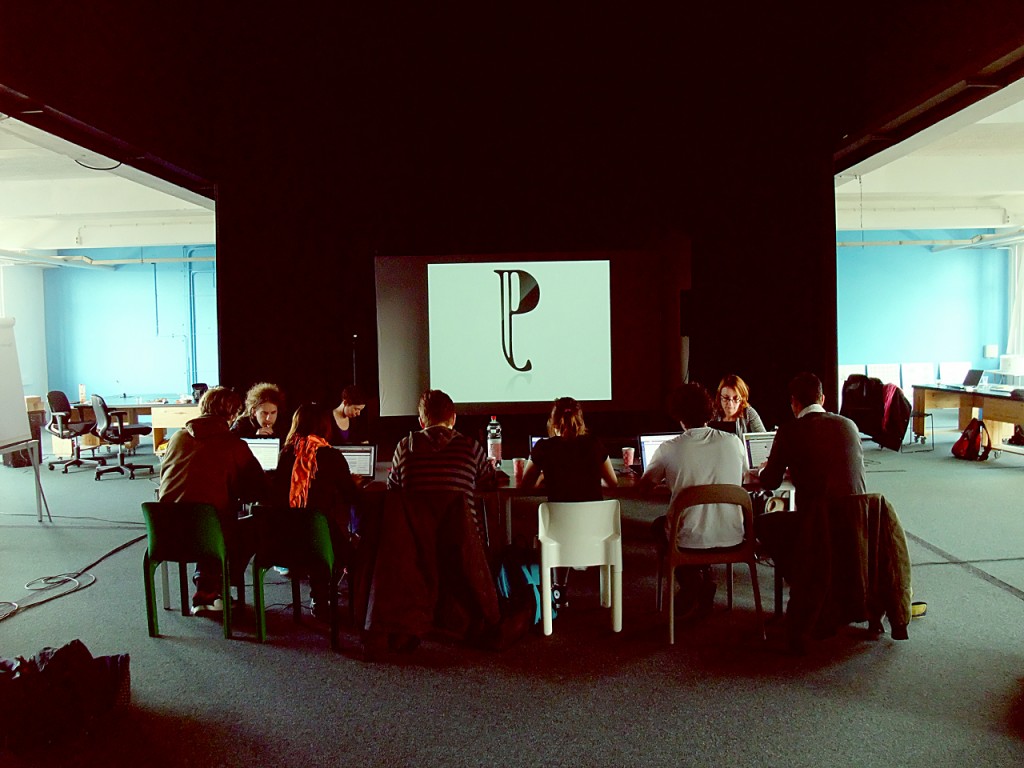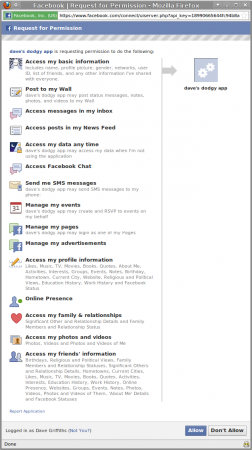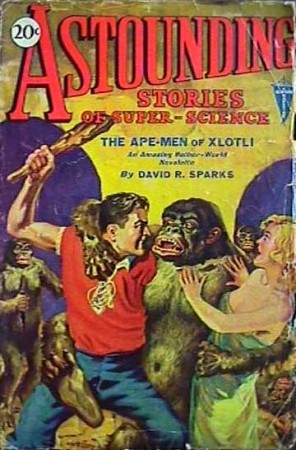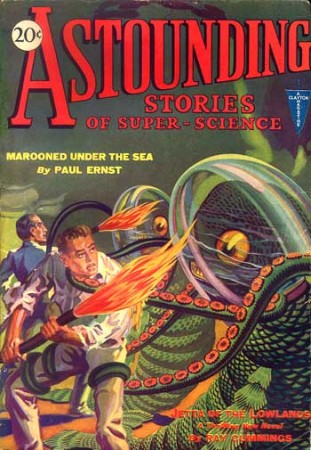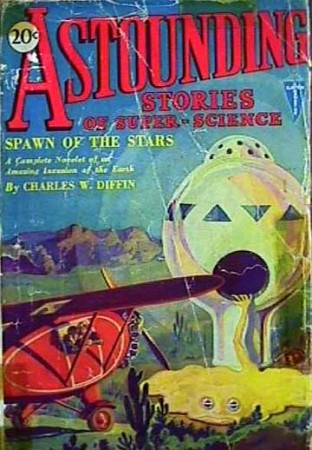
Plutonian Striptease is a series of interviews with experts, owners, users, fans and haters of social media, to map the different views on this topic, outside the existing discussions surrounding privacy.
Constant is a non-profit association, an interdisciplinary arts-lab based and active in Brussels since 1997. Constant works in-between media and art and is interested in the culture and ethics of the World Wide Web. The artistic practice of Constant is inspired by the way that technological infrastructures, data-exchange and software determine our daily life. Free software, copyright alternatives and (cyber)feminism are important threads running through the activities of Constant. Constant organizes workshops, print-parties, walks and ‘Verbindingen/Jonctions’-meetings on a regular basis for a public that’s into experiments, discussions and all kinds of exchanges.
Michel Cleempoel, graduated at the national superior art school of la Cambre – Brussels. Author of numerous digital art works and exhibitions, in collaboration with Nicolas Malevé. http://www.deshabillez-vous.be
Nicolas Malevé, a multimedia artist since 1998, has been an active member of the association Constant. As such, he has taken part in organizing various activities to do with alternatives to copyrights, such as Copy.cult & The Original Si(g)n, held in 2000. He has been developing multimedia projects and web applications for cultural organisations. His research work is currently focused on information structures, metadata and the semantic web and the means to visually represent them.
Social networks are often in the news, why do you think this is?
Essentially because of their scale. Facebook reports having more than 500 million active users.[1] This, of course, inspires all kinds of commercial dreams. Social networks barely brought something new to the web. For personal pages, Friendster predates largely Facebook and the other social networks. And the functionalities they offer barely innovate. It is their momentum though since a large portion of the online population happily subscribes and uses these services. In our view, social networks are an internet in miniature, what the bourgeois garden is to nature: a domestic version, with fences, controllable, reassuring, narrow-minded. They have their own version of email, chat, links, search, page but everything in redux. As they are powered by social pressure, they are an endless source of anecdotes fueling the media.
It is important to remark that we hear a lot about proprietary social networks and too rarely about free social networks in the mainstream media. They exist though and are used by governments, businesses or academic institutions: ie, elgg[2], a social network releasing its code under the GPL powers various important platforms like Oxfam, Federal Canadian Government, Johns Hopkins University or Université Lille 1. (more…)
